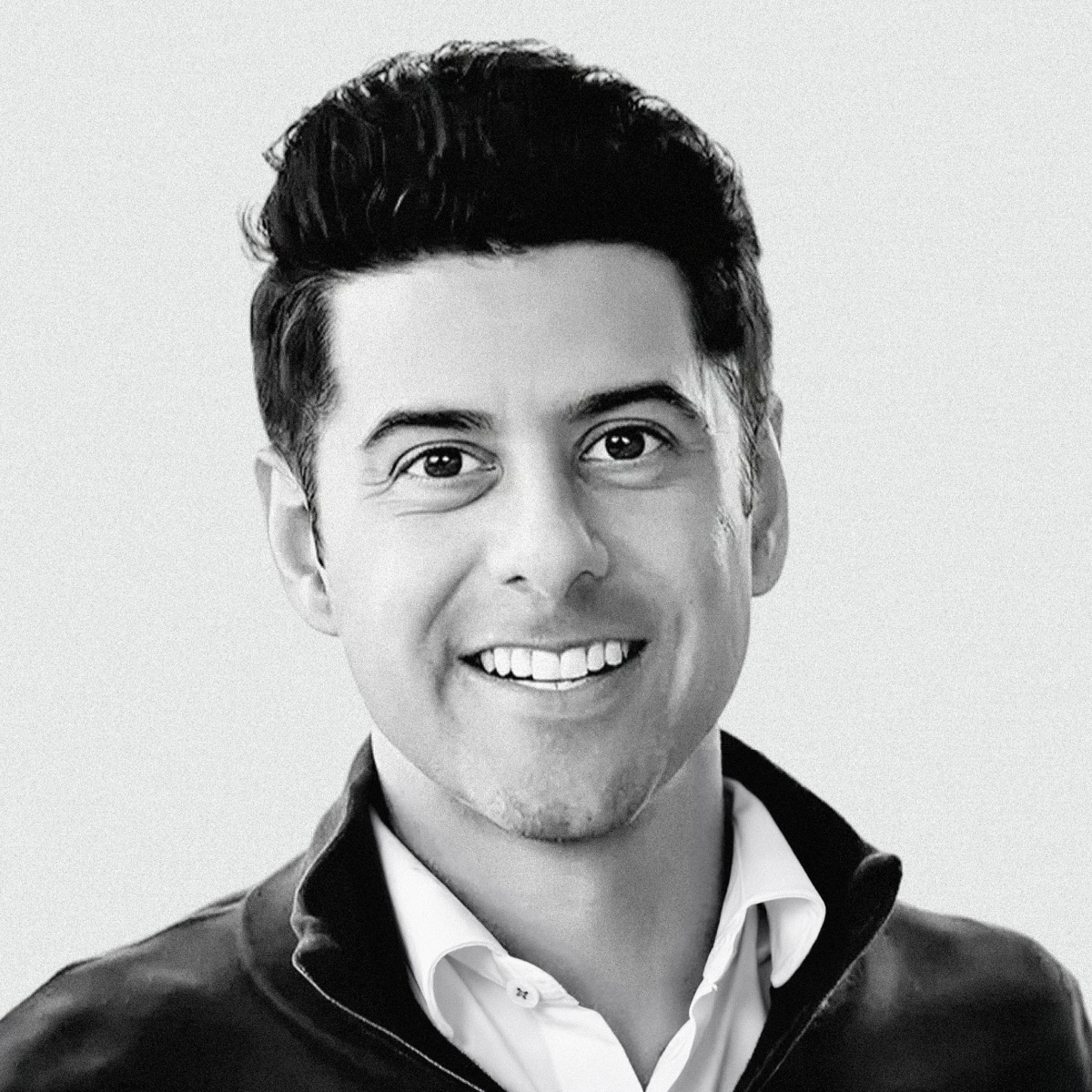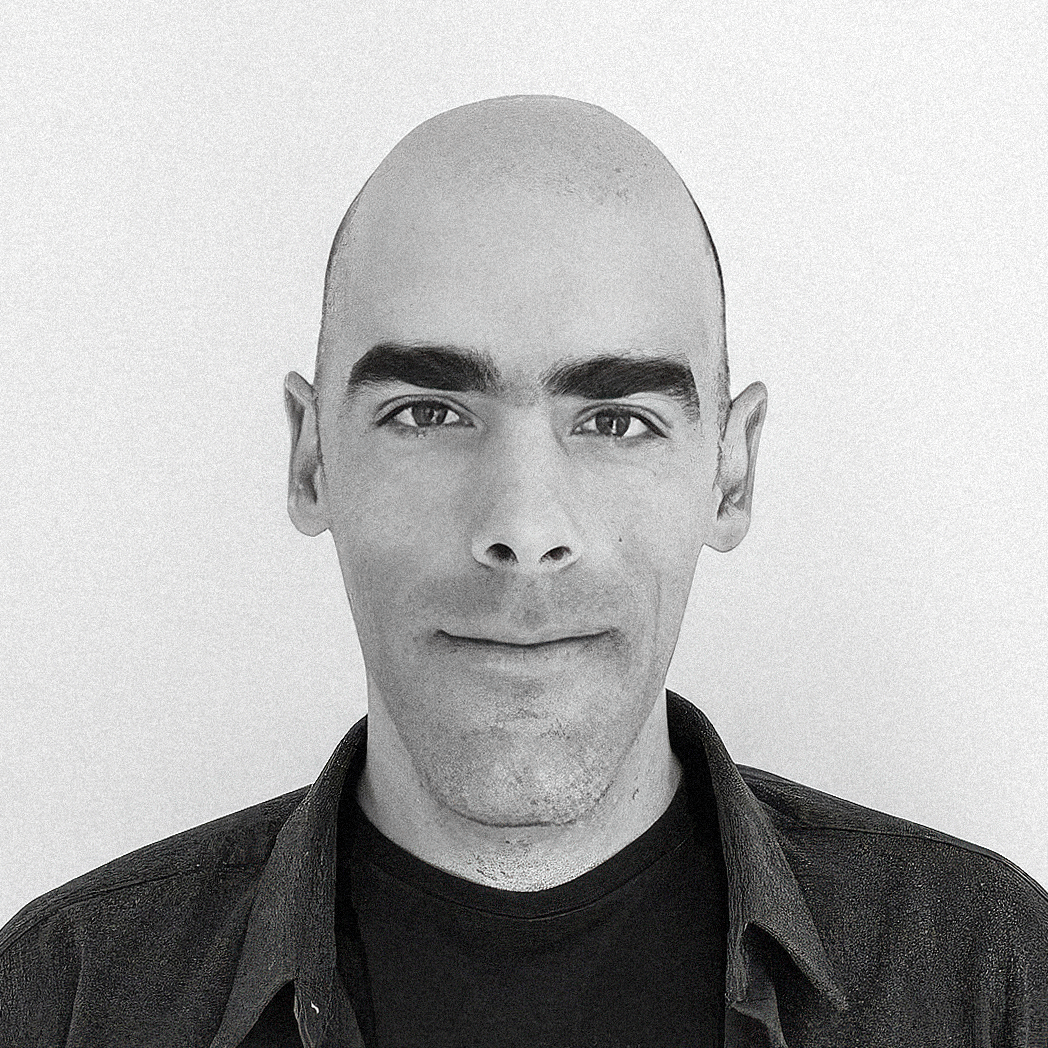Product
Use Cases
All Use Cases
Find the right use case for your needs


Riad is a member of the Electrical and Computer Engineering faculty at Carnegie Mellon University. He is an applied cryptographer and leading academic researcher on zero-knowledge proofs and their applications. He is a co-inventor of proof systems including Lasso, Hyrax, and Brakedown, and he has co-authored cryptographic specifications including RFC9380 and the BLS signatures standard used by Ethereum, Avalanche, and many other blockchains.
Riad was previously a cryptographic researcher at Algorand, and spent a decade as an analog and mixed-signal integrated circuit designer at Silicon Labs. Riad received his SB and MEng in Electrical Engineering and Computer Science from MIT, and his PhD in Computer Science at Stanford, where he was supported by a Ripple Fellowship. His work was recognized with a Distinguished Student Paper award at Oakland 2016, a Best Paper award at USENIX ATC 2018, a Distinguished Paper award at WOOT 2023, and a Distinguished Paper award at Oakland 2025.


Ann is an accomplished strategy executive who spent seven years as a fintech COO in a high-risk consumer segment. For the majority of her career, she has focused on new market expansion, product development, and rapid scaling in early-stage SaaS and fintech companies. She has a rare breadth of technical and management experience spanning risk, product, sales, marketing, customer support, and government contracts.
Her core expertise centers around payment processing, online payments fraud prevention, and anti-money laundering programs, gained from years of building and running a fintech risk team and product in-house. She received a BS in Chemical-Biological Engineering from MIT in 2008.


Fraser is an Assistant Professor at Carnegie Mellon University’s Software and Societal Systems Department. She is an expert in software correctness: her research focuses on systems security, automated bug finding, and formal verification, from verifying (parts of) production systems like browser JITs, to finding exploitable bugs in real codebases. Her tools have found many zero-day bountied bugs and CVEs in the Chrome and Firefox browsers and multiple operating systems.
Fraser also works on compilation; in collaboration with CEO Riad and others, she developed the CirC compiler for cryptographic proof systems. Fraser received her BA in English and MS and PhD in Computer Science from Stanford, where she was supported by an NSF graduate research fellowship. Her work has been recognized with Distinguished Paper awards at Oakland 2023, WOOT 2023, and Oakland 2025, two Pwnie nominations for leading attack work, and a CSAW applied research award nomination.


Deian is an Associate Professor of Computer Science and Engineering at UC San Diego, where he co-leads the Security and Programming Systems groups. His research lies at the intersection of security and programming languages; he is particularly interested in building secure systems that are deployed in production. He was a co-founder of Intrinsic, a runtime security startup acquired by VMware in 2019.
His work has been recognized with a Most Influential Paper award (ICFP 2022), a Cybersecurity Award for Practice (IEEE 2022), Distinguished Paper awards (POPL 2019, USENIX Security 2020, ICFP 2020, POPL 2021, IEEE Security & Privacy 2023, ASPLOS 2023, IEEE MICRO Top Picks 2024), an NSF CAREER award, and a Sloan Fellowship. He received his BE and ME in Electrical Engineering from Cooper Union and an MS and PhD from Stanford, where he was supported by an NDSEG graduate research fellowship.


Rohan brings more than 15 years of experience across strategy, corp dev, capital markets, trading and product innovation. Most recently at Gemini, he served as Director of Strategy, leading the company’s IPO process and major strategic partnerships, including Gemini’s milestone collaboration with Ripple. He also served as CEO of Gemini Titan, where he helped secure regulatory licensing and launch the firm’s prediction markets business.
Before Gemini, Rohan drove business development at Hudson River Trading, one of the world’s most sophisticated high-frequency trading firms. Earlier in his career, he spent over a decade trading across GIC, Kepos Capital, and Credit Suisse, building deep intuition around systems design, risk management, and regulatory constraints. Rohan holds a Bachelor’s and Master’s from The Cooper Union, and is a CFA Charterholder.


At Cubist, John currently leads the front end engineering team. He received his PhD in Computer Science from UC San Diego, where he developed programming languages and tools to provide automated security guarantees to developers; during this time, he created CT-Wasm, a standards-track proposal to bring secure cryptography to WebAssembly.
John has also worked on internal developer tools at Google and on language-level testing support as a member of the Rust team at Mozilla.


At Cubist, Aleksandar co-leads the back end engineering team. Previously, he worked as a Principal Software Engineer at Microsoft, where he led the development of various low-level Linux-specific solutions like process sandboxing and filesystem virtualization. He was also a key contributor to a novel build system that leverages those solutions to automatically add caching and distribution to any existing build.
Aleksandar received his PhD in Computer Science from MIT in 2015. His thesis focused on designing declarative programming paradigms with the goal of building correct and robust software more easily.


At Cubist, Andres co-leads the back end engineering team. He has worked on compilers and databases, and is an expert in the design and implementation of SMT solvers; during his PhD at Stanford, Andres was one of the core developers of the cvc5 solver, an automated reasoning tool that is used extensively in industry and academia.
Prior to Stanford, Andres received his MS in Computer Science at EPFL. He has also worked on verification tools at the Amazon AWS Automated Reasoning Group, and contributed to Facebook's RocksDB, a high performance key-value store.


















